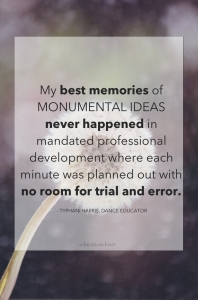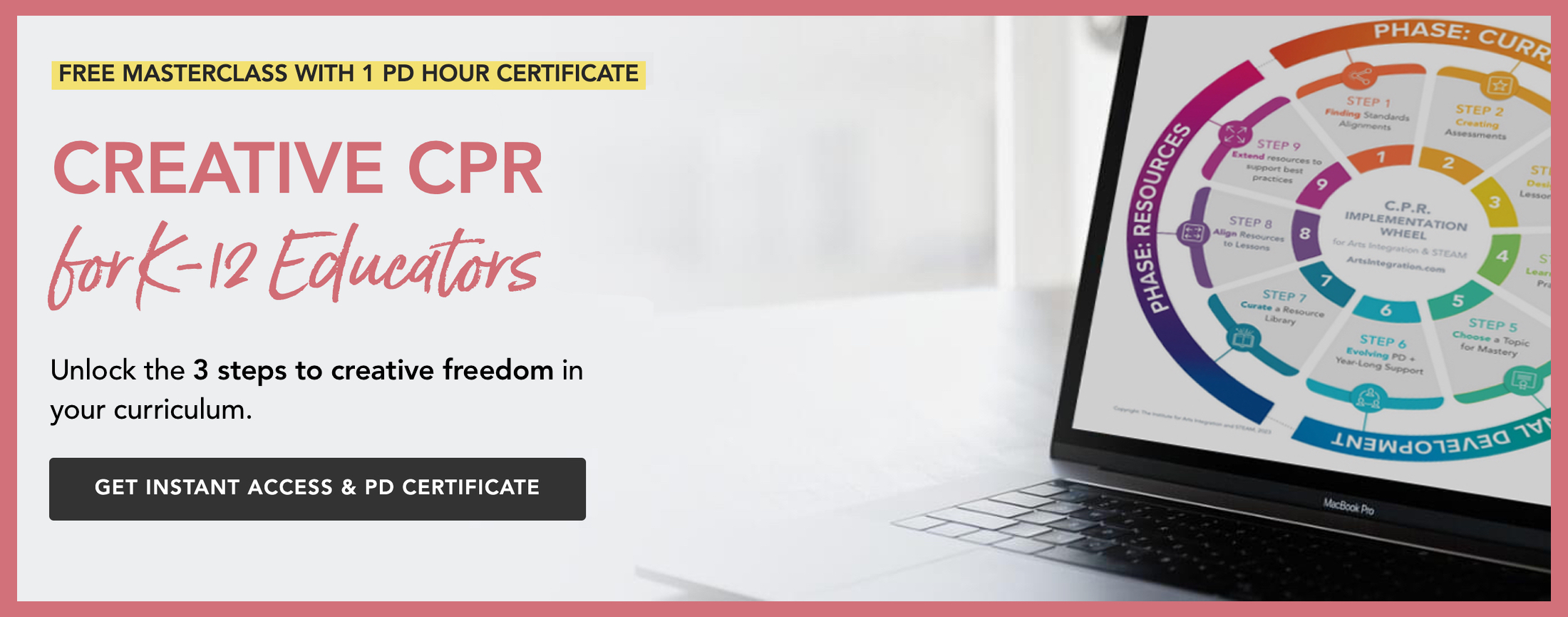Typhani Harris | April 2014
Quality Professional Development…make it a reality
 Over the past two weeks Susan Riley has given us amazing insight on Quality Professional Development, and I really wanted to continue the conversation by sharing the things I have learned personally, and from colleagues. We are all familiar with mandated professional development. We attend these sessions, not necessarily because we want to but because we have to.
Over the past two weeks Susan Riley has given us amazing insight on Quality Professional Development, and I really wanted to continue the conversation by sharing the things I have learned personally, and from colleagues. We are all familiar with mandated professional development. We attend these sessions, not necessarily because we want to but because we have to.
We all fill out the arbitrary evaluation forms…usually marking the most capricious responses, again not because we want to, but because we have to. However, we continuously complain, complacently attend, and constantly yearn for more, so at what point are we going to fight for what we really want and need from our professional development, and furthermore when are we going to demand it?
A couple weeks ago, Susan Riley shared what no longer works in professional development:
A large group being lectured to by a “sage from the stage”, “hard and fast” time allotted, and dangerous “broad brush strokes”. As well as sharing the possible considerations that should be made such as including choice, empowering educators, fostering a lab culture, and bringing in the students. (Please refer to her article Re-Designing Professional Development, https://artsintegration.com/2014/04/17/designing-professional-development-for-the-21st-century/)
Susan also shared with us how we can take control of our own professional development by exploring things like social media, creating a website bookmark, creating and reflecting on our own, taking class, or attending conferences. (https://artsintegration.com/2014/04/22/5-ways-to-take-control-of-your-professional-development/)
These are all important facets to the future of quality professional development, and I concur with everything she has presented, but I wanted to explore even more from the teachers’ perspective. I have spent hours talking to teachers all over California trying to pin point their definitions, views, and expectations of quality professional development. I received such great feedback, but moreover I received the sense of life long learning. All of us teachers are being placed in this position of uncertainty as we enter 21st century education. We see where education is going, we understand the expectations, most of us even “get it” when you discuss the new Common Core and assessments, but the loudest cry I heard was time! Time to plan, collaborate, be with other same-subject teachers, unpack to standards, plan new common assessments, prepare for the future; just give us time!
When it comes to professional development, there are so many of us who try! Many teachers offer tutorial suggestions, volunteer to collaborate with others, propose to lead our fellow colleagues in educational discourse, and attend all of the mandated trainings with utopian dreams of greatness, new knowledge, and partnership… but we are often disappointed. Eventually, we become burned out and we don’t want to try anymore. We become complacent and tired. Tired of having people talk at us instead of with us, we struggle with the complaints of others, and we just wish to be left alone with our passionate teacher-friends to figure it out and make some grand plans of our own!
My personal intrigue lies with our leaders…
It baffles me that our leaders have been in our place at some point in their professional careers…so don’t they remember what it was like? Don’t they remember when the best plans were made in an environment where plans were unexpected? My best memories of monumental ideas never happened in mandated professional development where each minute was planned out with no room for trial and error.
I, like many of the educators I have spoken to, remember creating greatness when we were excited, motivated, and inspired by new things. Luckily, Common Core is that new thing! Most of us are not mad or frightened, we are excited about the opportunity to do great things, but we feel stifled by the micromanagement of our chance to develop professionally. The newness of our future educational plight does not discourage us it energizes us! We need the time to be excited and engage in a chance to spitball crazy ideas in a place where time doesn’t matter and we are not being forced to plan do check or act. We will plan and do, we will come back to check and act, but you have to trust us to be great educators!
My fondest memory of un-mandated professional development was in a little coffee shop in Claremont, California. It was my second year teaching and I met with a colleague to create an arts integrated unit on Charlotte Perkins Gilman’s The Yellow Wallpaper. Hands down, the best true professional development opportunity I have ever experienced. Only second to an after hours meeting with a colleague to create a TV show inspired competitive PE integrated survivor unit for William Golding’s Lord of the Flies.
To this day, these are two of my best lessons and most memorable professional development opportunities, ironically, neither of them planned nor mandated. So, why are we not fostering that environment for our educators? We are all professionals and, deep down inside even the most cynical of us, want to be the best at our craft and if given the opportunity, we could create amazing things! We are just sick of the bureaucracy. So, I ask our leaders… how can you fostering this kind of professional development that cultivates thought-provoking excitement, and places your teachers in an inspired and motivated environment?
As we enter Common Core, we are bombarded with professional development, whether on SBAC, the new standards, or literacy techniques; we are constantly attending professional development. With this new paradigm and new expectations, training on specifics and logistics is necessary, and we understand that, but at what point are we going to be trusted enough to be with colleagues to unpack and attack these new standards in a way that is meaningful for us?
Switching Gears:
As educators, we forget that we are all learners, and we are all in this together. When professional development is presented by administration we tend to feel the need to toe the line, when in actuality it should be more about inspiring, encouraging, and motivating each other to accomplish great things! It is great that they are offering so many new strategies to teach the new standards, but wouldn’t it be even greater if they modeled those practices? Our trainers ironically preach against the very way they present the new information. Our presenters must switch gears. If you want us to use a new strategy then show us how to use it, and do it with us.
Taking it seriously:
Our administrators want us to attend professional development and take it seriously, but it’s hard to take it seriously when it’s almost absurd. You bring us together, make us listen, and send us away; would you do that to your own students? We watch colleagues checking their emails, having sidebar conversations, or worse: playing candy crush. Just like our students, if the information is engaging, relevant, and desirable, then we would take it seriously. We are no different than our students, in some cases, we are even worse. We want to be motivated, intrigued, and engaged. Don’t preach to us…inspire us!
Experts & Funding:
You want us to be the best at our practice and proficient at all of the new initiatives and reforms, but are you supporting that? Everyone is requesting so much…but where is the funding. If you want us to be the best, then give us the best! Send us to thought- provoking conferences, hire qualified experts, allow us to observe our great colleagues, fund time for us to share, discuss, unpack, and collaborate!
Frustration:
Mandating = frustrating!! We all know the importance of learning after all we are educators! We are all ready to tackle this new challenge, but when it becomes a requirement it becomes frustrating. Stop telling us what we have to do. We know good and well what we have to do; so when it comes to professional development give us options for what we want and need to do. We are smart, allow us to choose what is best for us!
Give me MINE:
Stop sending us to things that have no relevancy to what we teach! Often we are expected to attend professional development sessions that may have no relevancy to what we are teaching or what we really need professional development on. It would be nice if administrators would solicit more requests from their teachers and then build professional development opportunities around those needs.
This all circles back to time. We need time to collaborate, by far the most repeated phrase I heard while researching this topic. We get it now let us work with it! There is so much, and we are ok with that. However, timing is everything. Give us a little and let us work with it…then add more. This quick change to Common Core is not, by any means, going to happen quickly. Change takes time, and moreover processing, evaluating, reflecting, and creating is going to take even more time. Allow us to be great, by giving us time to do so!
Professional development is very important, and I don’t think anyone would argue with that. However, the current approach to professional development is lackluster. Quality is defined by a grade of excellence, and it is impossible to be excellent without the time to do so!
Next Week: Secrets of a Dance Teacher
Creating Smart Dancers: Four pirouettes may be impressive…but what do they know?
Dance is visual and visceral. Dance is expressive, emotional, and technical. As dance educators, education should be at the forefront. Beyond the height of leaps, the torque of turns, and the perfection of point, dancers must be adept at their craft. As dance educators, it is our job to not only cultivate proper technique but to promote astute dancers.



